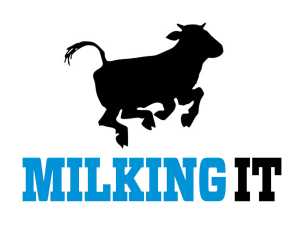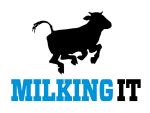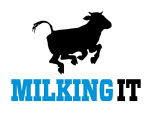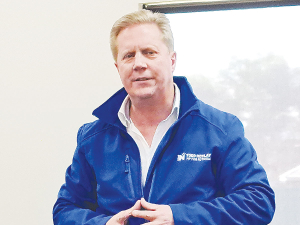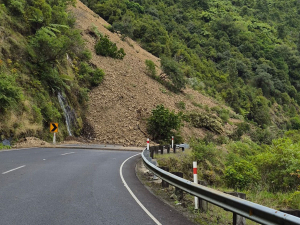Satellites caught the belched cow methane in February, according to data analysed by Montreal-based environmental data firm GHGSat Inc.
The satellite was able to pinpoint the location of the methane source, a feedlot in the agricultural Joaquin Valley, near Bakersfield, California.
GHGSat said that if the single feedlot in question sustained the methane output detected by its satellite for an entire year, it would result 5,116 tonnes of methane emissions - enough to power more than 15,000 homes if the gas were captured.

